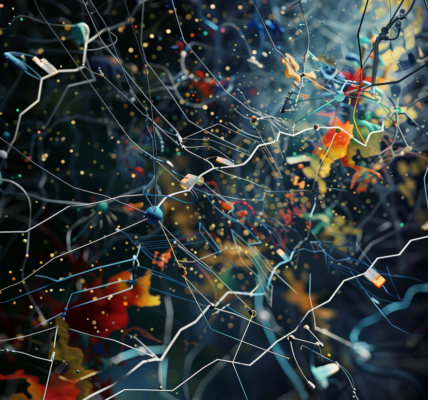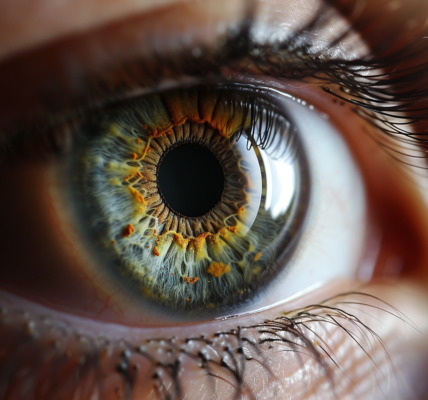Northwestern University researchers have made a groundbreaking discovery in the field of allergy treatment. They have developed a new therapy that can selectively prevent allergic reactions without suppressing the entire immune system.
The therapy involves decorating nanoparticles with antibodies capable of shutting down specific immune cells responsible for allergic responses, known as mast cells. Additionally, the nanoparticles carry an allergen that corresponds to the patient’s specific allergy. This two-step approach allows the therapy to engage precise mast cells responsible for the specific allergy and then shut down only those cells, effectively preventing the allergic reaction.
In a recent mouse study, the therapy demonstrated 100% success in preventing allergic responses without causing noticeable side effects. This breakthrough has the potential to revolutionize allergy treatment and provide a safe and effective alternative to current medications like antihistamines.
The research, published in the journal Nature Nanotechnology, marks the first nanotherapy for inhibiting mast cells and preventing an allergic response to a specific allergen. According to Northwestern’s Evan A. Scott, who led the study, the current methods available to specifically target mast cells are limited, and existing medications only treat symptoms rather than preventing allergies.
Dr. Bruce Bochner, an allergy expert and co-author of the study, emphasized the unmet need in treating anaphylaxis, a life-threatening allergic reaction. He highlighted the lack of FDA-approved treatment options that consistently prevent such reactions, other than avoiding the offending food or agent.
The potential impact of this new therapy is significant, particularly for individuals with severe allergies and those at risk of anaphylaxis. If successful, this therapy could offer a safe and effective treatment for food allergies, allowing individuals to reintroduce foods that were previously strictly avoided.
The researchers behind this groundbreaking development are optimistic about the future implications of their work. This discovery could pave the way for a new era in allergy treatment, offering hope to millions of individuals who suffer from allergic reactions.





